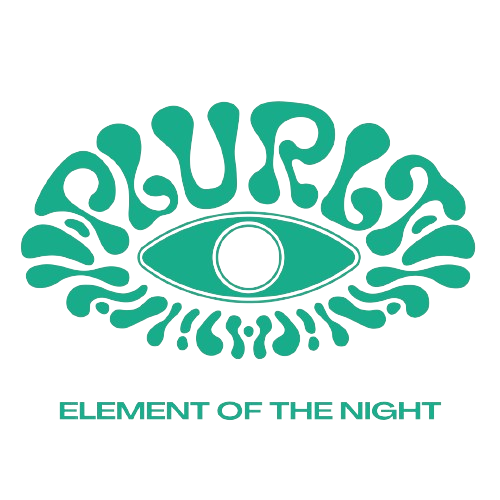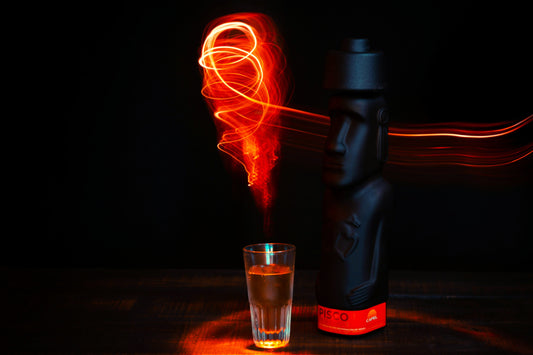
A comprehensive guide on psychoactive substance testing kits and their reagents
What are Psychoactive Substance (Reagent) Tests?
Psychoactive substance testing kits are special tools designed to help identify specific psychoactive substances in a given sample. These samples are typically small portions of drugs or tablets. The main purpose of reagent testing kits is to enhance user safety and reduce the risks associated with recreational drug use.
How do Reagent Drug Testing Kits Work?
The operation of reagent psychoactive substance testing kits is a relatively simple process:
1. Sample Preparation:
- Take a small amount (the size of a match head) of the substance you want to test. This may involve breaking off a small piece of a tablet or using a small amount of powder or crystals.
2. Use of Reagent:
- Psychoactive substance kits consist of one or more chemical reagents. A drop of the corresponding reagent is applied to the sample.
3. Color Reaction:
- The reagent induces a chemical reaction with the substances in the sample. This reaction visibly changes the color of the sample.
4. Interpretation of Results:
- The change in color allows for the precise identification of possible psychoactive substances.
Most Commonly Used Psychoactive Substance Testing Reagents and Their Applications
- Marquis Reagent:
- Mecke Reagent:
- Ehrlich Reagent:
- Hofmann Reagent:
- Froehde Reagent:
- Morris Reagent:
- Liebermann Reagent:
- Robadope Reagent:
- Simon’s Reagent:
- Zimmermann/Beam Reagent:
Importance of Psychoactive Substance Tests in Harm Reduction
Psychoactive substance testing kits are an integral part of harm reduction strategies. Their significance cannot be overstated, as they:
- Enhance Safety:
- Detect Impurities:
In the ever-evolving landscape of drug use, psychoactive substance testing kits are a crucial safety measure. They provide users with knowledge and protect them from potential harm. It is essential to recognize that while reagent tests are reasonably accurate, they are not 100% foolproof. When experimenting with psychoactive substances, it is crucial to apply all possible harm reduction measures.



